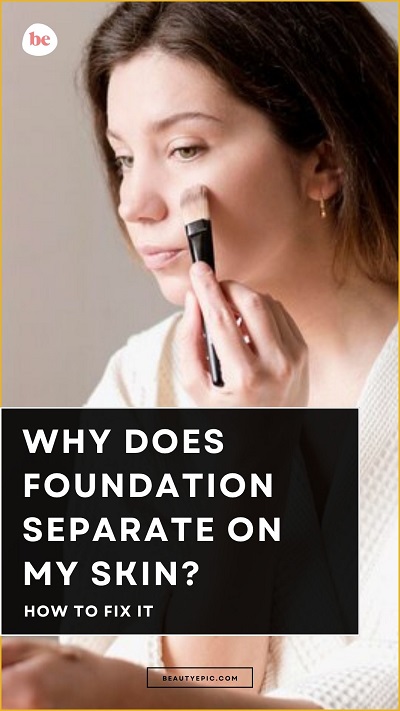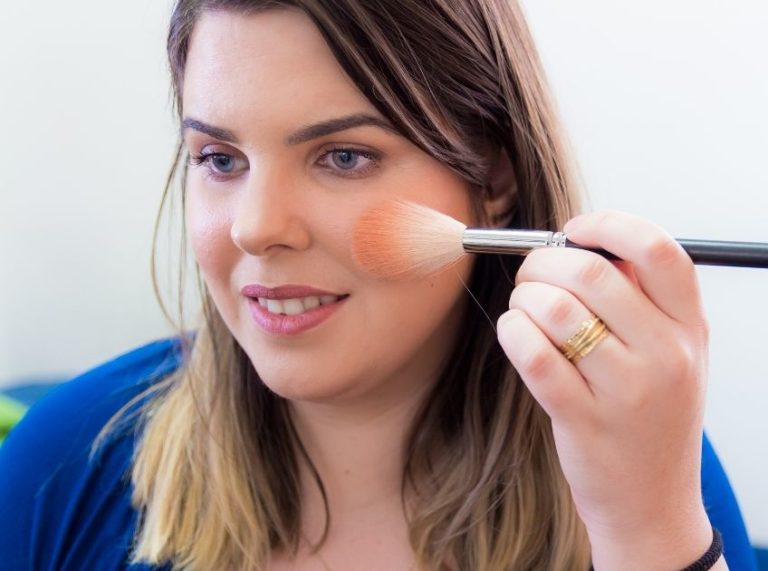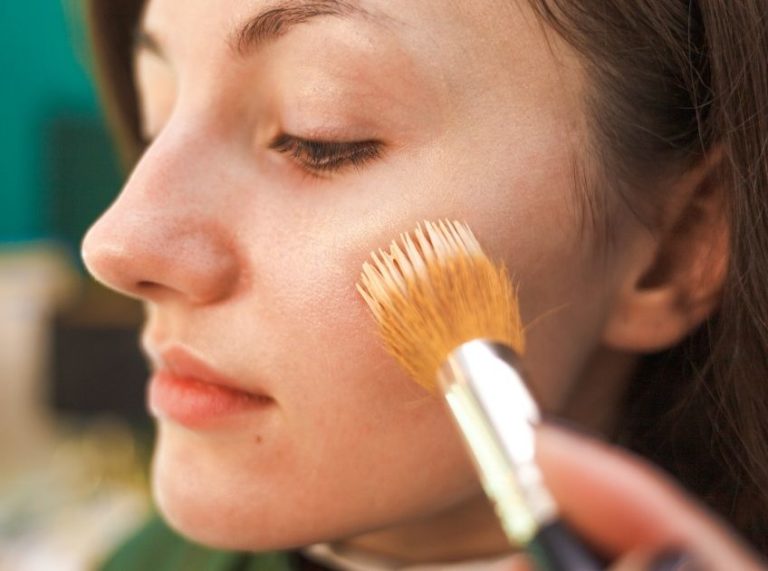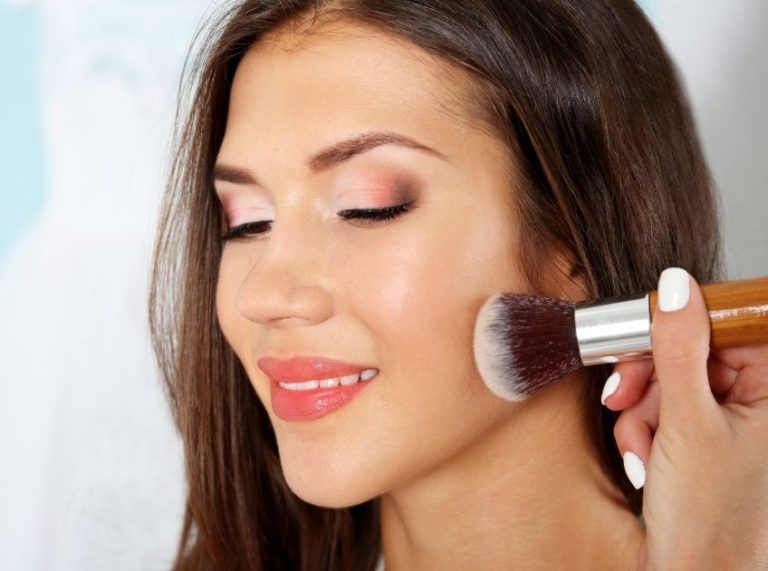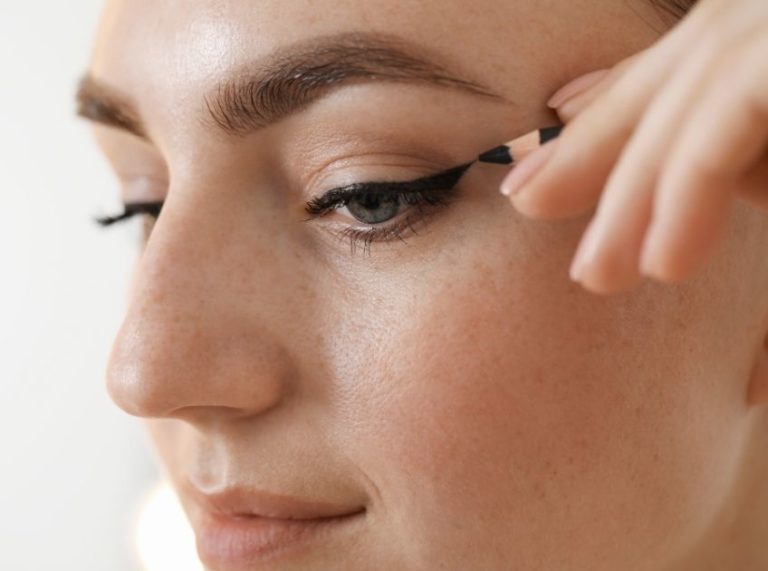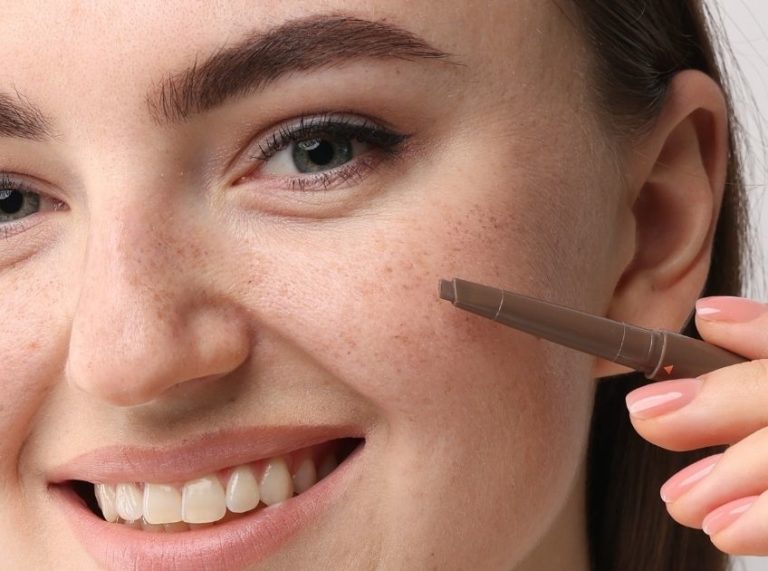
Important: This article is for informational purposes only. Please read our full disclaimer for more details.
Foundation separation is one of the most frustrating makeup issues, especially when you’ve spent time blending, baking, and buffing. You glance in the mirror midday only to find your base patchy, oily, or clinging to dry spots. Don’t worry—this is a common issue with real solutions. In this guide, we’ll break down why your foundation separates and how to fix it with expert-backed tips that work.
The Frustration Behind Foundation Separation
If your foundation looks flawless in the morning but begins to slide, crack, or blotch a few hours later, you’re not alone. Foundation separation happens when your base product fails to adhere properly to the skin or interact well with other products. It can affect all skin types—dry, oily, or combination—and often signals a mismatch in skincare, prep, or application techniques.
Understanding why it happens is the first step to fixing it for good.
Why Does My Foundation Separate? 5 Hidden Culprits
1. Your Skin Isn’t Properly Prepped
Foundation clings to texture, dryness, or oiliness when the skin isn’t balanced. Skipping exfoliation or hydration can lead to uneven texture and poor foundation adhesion.
Expert tip: Always cleanse, exfoliate 2-3 times a week, and moisturize before makeup.
2. You’re Using the Wrong Skincare Underneath
Heavy creams, silicones, or incompatible serums can cause your foundation to pill or separate. Layering products without allowing them to absorb fully leads to slip-and-slide disasters.
Fix it: Use lightweight, fast-absorbing skincare and let each layer settle before applying makeup.
3. Primer and Foundation Don’t Match
Water-based primers don’t pair well with silicone-based foundations and vice versa. When their formulas repel each other, your base can break apart.
How to check: Look for ingredients like dimethicone (a silicone) and match your primer accordingly.
4. You’re Applying Too Much Product
It’s tempting to build layers for full coverage, but over-application can prevent the foundation from settling naturally into the skin, leading to creasing or patchiness.
Go light: Use thin layers and build up only where needed.
5. Your Skin Type Isn’t Being Considered
Oily skin can cause foundation to break down faster, while dry skin may cause it to crack or flake. Using the wrong formula for your skin type leads to separation.
Match your makeup: Use oil-free mattifying foundations for oily skin and hydrating formulas for dry skin.
How to Keep Your Foundation from Separating: 5 Expert Fixes
1. Start with the Right Skincare Routine
A solid skincare routine ensures your canvas is smooth, hydrated, and ready for makeup. Use gentle exfoliants, hydrating serums (like hyaluronic acid), and moisturizers that suit your skin type.
Pro tip: Wait at least 5 minutes after applying moisturizer before starting makeup.
2. Use Compatible Primer and Foundation
Primer isn’t one-size-fits-all. Water-based primer pairs best with water-based foundation, and silicone-based primer with silicone. Check product labels to ensure they’re compatible.
Quick test: Rub a small amount of foundation over your primer on the back of your hand. If it balls up, they’re not a match.
3. Apply in Thin, Blended Layers
Heavy-handed application is a fast track to separation. Use a damp beauty sponge or buffing brush to press product into the skin in light layers.
Less is more: Build only where extra coverage is needed (like redness or blemishes).
4. Set Strategically with Powder
Setting powder locks your foundation in place, but too much can emphasize dryness and texture. Focus powder application on areas prone to oil (like the T-zone).
Translucent powder works best: Use a light dusting and press with a puff for long wear.
5. Use a Setting Spray to Seal the Deal
A setting spray melts makeup into the skin and creates a protective layer to prevent movement or separation.
Bonus tip: Use a hydrating setting spray if your skin is dry, or a mattifying version for oily skin.
Frequently Asked Questions (FAQ’S)
1. Can I still wear foundation if I have dry patches?
A. Yes—but prep is key. Use a hydrating moisturizer and exfoliate gently before applying foundation. Stick to creamy, hydrating formulas.
2. How can I stop my foundation from separating around my nose?
A. This area gets oily fast. Use an oil-controlling primer and apply a bit of setting powder before and after foundation to lock it in place.
3. Why does my foundation separate after a few hours?
A. It’s often due to excess oil production, incompatible formulas, or poor skin prep. Blotting papers and a mid-day setting spray can help revive your look.
Final Thoughts: Consistency is Key to a Smooth Base
Foundation separation can feel like a beauty mystery—but it’s completely fixable with the right prep, products, and techniques. Think of your face as a canvas—when it’s properly cared for and primed, your makeup will sit beautifully all day. From choosing matching formulas to applying in light layers and locking in your look with setting spray, small tweaks can make a big difference.
No more mid-day meltdowns. With these expert-approved fixes, you’ll keep your foundation smooth, seamless, and flawless from morning to night.
